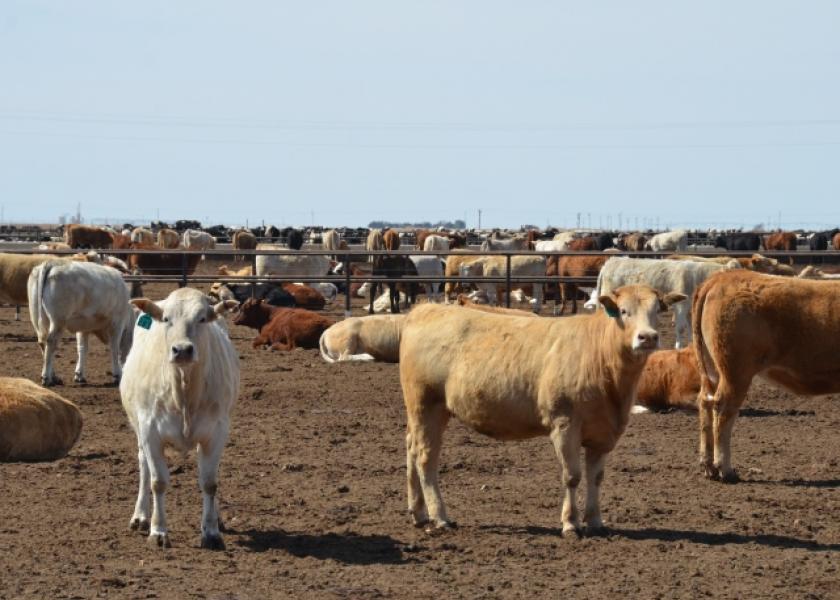R-CALF Says New Studies ‘Validate’ Calls For Market Reform

R-CALF USA announced late last week it now opposes the revised Cattle Market Price Discovery and Transparency Act of 2022.
The group joins the National Cattlemen’s Beef Association (NCBA) and the American Farm Bureau (AFB) in opposing the measure, though not because R-CALF opposes mandates, but because the group wants stronger regulations. The U.S. Cattlemen’s Association (USCA) remains in support of the bill.
In a statement, R-CALF said the proposed cattle market reform bill was drafted without the “benefit of two new cattle market studies.” These new studies contain “monumental findings” that R-CALF believes should encourage Congress to further strengthen any proposed legislation to reform cattle markets.
The first study is a summary of “a developing research project” by economists from Instituto Tecnológico Autónomo de México, Georgetown University, and Ohio State University. The project seeks to explore the pricing behavior of U.S. beef packers and the role of market power and whether “packers may have been able to exercise buyer power in the market for fed cattle to a greater degree.”
The summary, “Buyer Power in the Beef Packing Industry: An Update on Research in Progress,” focuses on the potential cause for the increasing spread between live cattle prices and wholesale beef prices from 2015 to 2019. Specifically, the authors said their focus is on alternative marketing arrangements (AMA) feedyards and packers use to price fed cattle, and whether such arrangements “distort the packer’s bidding incentives in the cash market.”
The second study is an economic analysis issued by Iowa State University’s Center for Agricultural and Rural Development, titled, Multi-plant Coordination in the US Beef Packing Industry. This analysis focuses on the contribution that multi-plant ownership has made to the increased packer spread observed in recent years.
Prior to about 2005 when the volume of cattle procured in the cash market was over 60%, the Iowa State researchers found that the large beef packing companies operated each of their plants as an independent profit center. However, sometime after 2005 the large packers began coordinating procurement and slaughter activities across their plants, which resulted in “more than 20 separate economic agents suddenly consolidated into four.”
While R-CALF CEO Bill Bullard called these two studies “earthshattering,” university economists contacted by Drovers were hesitant to either endorse or condemn the work. That’s because neither of the two studies have been peer-reviewed. The lack of peer-review doesn’t make the conclusions invalid, but economists are not willing to comment on research that has yet to earn the stamp of peer-review approval from other experts in the field.
Related stories:
Cornett: The Mandaters Move On
Senators Revise Cattle Price Discovery and Transparency Act
Potts: Supply, Demand Balance Without Government Intervention
Cornett: A ‘Hard Cull’ On The Facts
Packers and Allies Urge Congress to Do Nothing in Face of Broken Markets
Speer: Policy Makers Should Just Leave Well Enough Alone
Speer: Is Fair What We Really Want?







